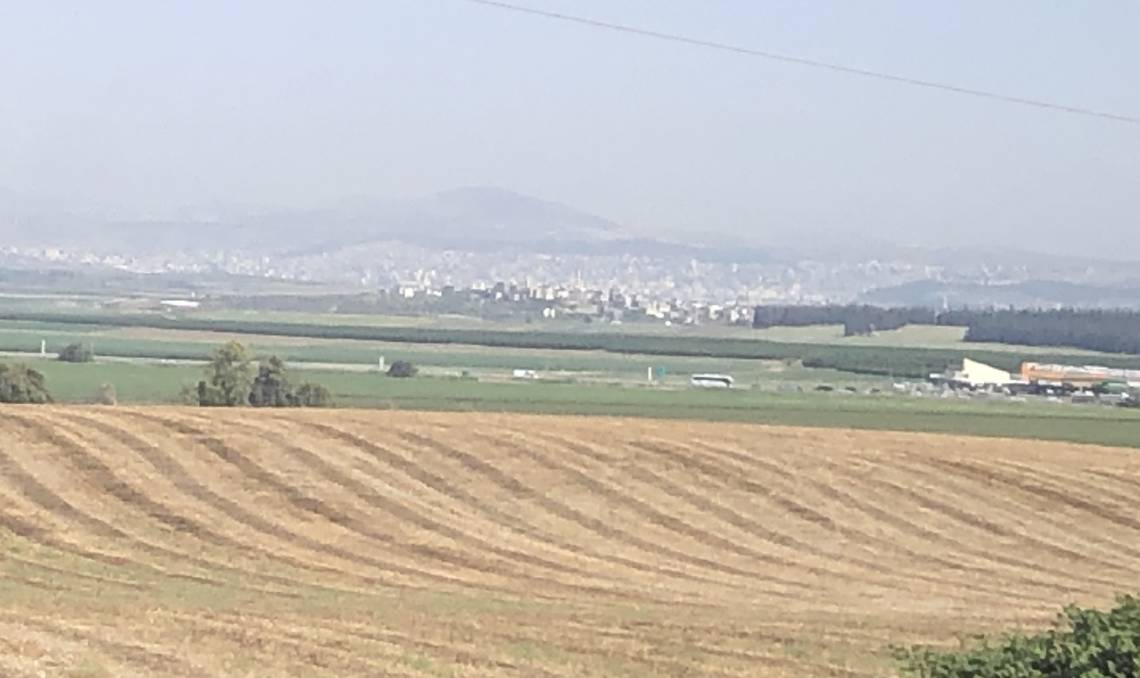Israel is an unlikely place to farm. It’s a nation defined by dry conditions.
Half the country’s 22,000 square kilometres are desert, while most of the rest receives an average rainfall ranging up to just 100 millimetres – in just three or four months each year.
Geopolitically, Israel is surrounded by less than friendly neighbours and the number of farmers has been dwindling year on year.
So it was remarkable for me, on an Australia-Israel Chamber of Commerce study tour to Israel earlier this month, to see exactly why Israel is leading the world in agribusiness innovation.
It turns out Israel’s challenges actually drive its success.
Its agricultural industry knows how to do more with less.
Israel’s limited land mass (it’s a third of the size of Tasmania) and limited water have forced it to pool its resources and find innovative ways to produce more food, while the hostile neighbourhood has forced them to become self-reliant and united.
Israel has a history of communal farming with its kibbutz, so uniting for the common good is in Israeli farmers’ DNA.
The country has a population of just 8.7 million, so, with such a small domestic market its farmers must think globally and focus simultaneously on domestic markets and exports to be profitable.
It has a world-leading water system nationalised to remove competition and ensure agriculture has ample access to water.
Read the article by John Maher, chief executive officer of the Indigenous Land and Sea Corporation and a director of Agribusiness Australia in Queensland Country Life.

